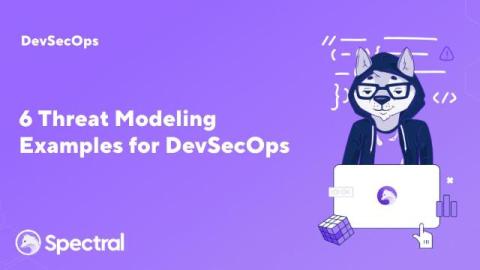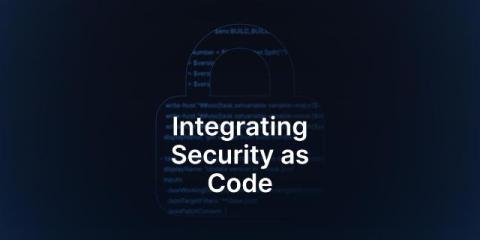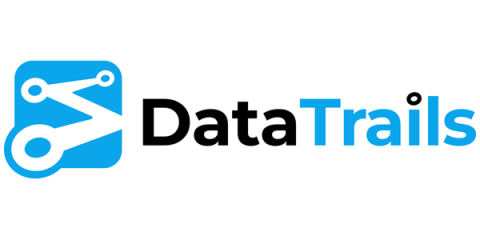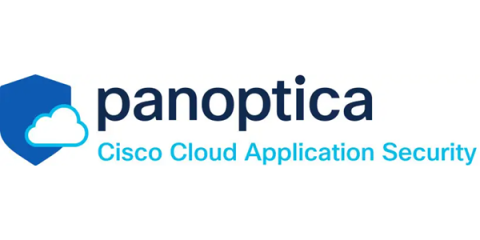The Importance of DevSecOps in Mobile Apps
Some of the biggest and most successful businesses around the globe adopt a security-first strategy right from day one to ensure sustainability in growth. Regarding scalability, faster time to market, or competitive advantages, security must sit right at the top of business strategy. Security ensures that regular business operations and innovations remain uninterrupted pre or post-production.











